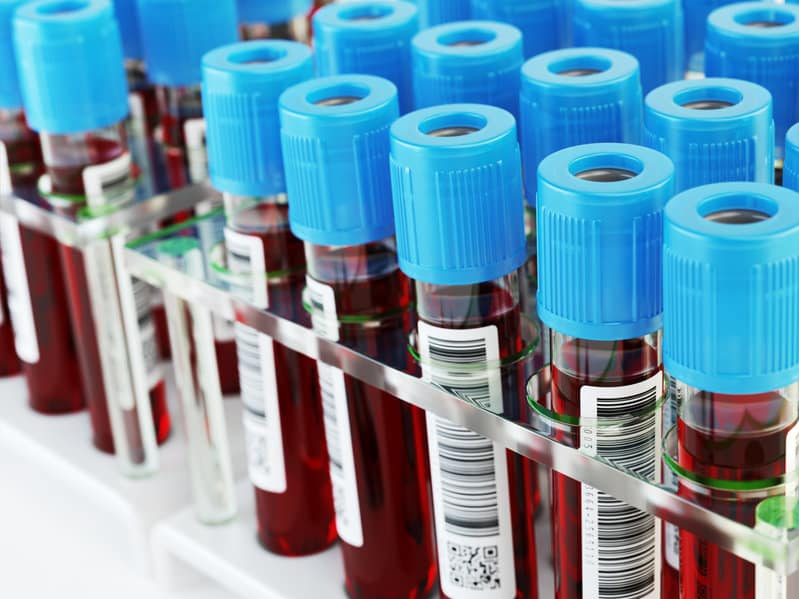By John Salak –
The results coming from routine tests prescribed by doctors may have gotten all hot and bothered thanks to the influences of the ambient temperature surrounding the patients involved or even the lab surroundings.
The end result could be insignificant statistical variations at best or somewhat faulty results at worst, which ultimately means doctors and other medical personnel could be prescribing medicines and other treatments based on less-than-precise results, according to research conducted out of the University of California, Berkley and the University of Chicago.
The UC-Berkley team, nonetheless, reported that ambient (or surrounding) temperatures are influencing the results of the most commonly used laboratory tests.
The researchers, in fact, based their conclusions on an analysis of millions of test results taken over a six-year period that also spanned several climate zones. The group examined how daily temperature fluctuations impacted results beyond the patients’ average values and seasonal variations.
At first glance the results were stunning, showing that surrounding temperature affected more than 90 percent of individual tests and about two-thirds of assays. This included measurements of kidney function, cellular blood components and lipids such as cholesterol and triglycerides.
The relatively good news is that the impact of ambient temperature seemed to be minor on a test-by-test basis, according to UC-Berkley’s Ziad Obermeyer, a co-author of the research paper. “It’s important to note that these changes were small: less than one percent differences in most tests under normal temperature conditions,” Obermeyer reported.
Ultimately, he said these small fluctuations likely did not reflect long-term physiological trends. But Obermeyer stressed that identifying the impact of ambient temperatures on test results is still important and needs further examination.
“When a doctor orders a laboratory test, she uses it to shed light on what’s going on inside your body, but we wondered if the results of those tests could also reflect something that’s going on outside of your body” Obermeyer explained. “This is exactly the kind of pattern that doctors might miss. We’re not looking for it, and lab tests are noisy.”
The research team noted they did not pinpoint the exact reasons or factors causing the changes in lab results. It is possible the fluctuations were caused by blood volume, specific assay performance, specimen transport or changes in lab equipment.
“Whatever their cause, temperature produces undesirable variability in at least some tests, which in turn leads to distortions in important medical decisions,” noted Devin Pope of the University of Chicago.
It is possible that laboratories could lessen the impact of surrounding temperatures by making statistical adjustments when reporting lab results. In the meantime, more research and investigations are needed to see ambient temperatures and other factors that are negatively influencing lab results, Pope and Obermeyer said.












